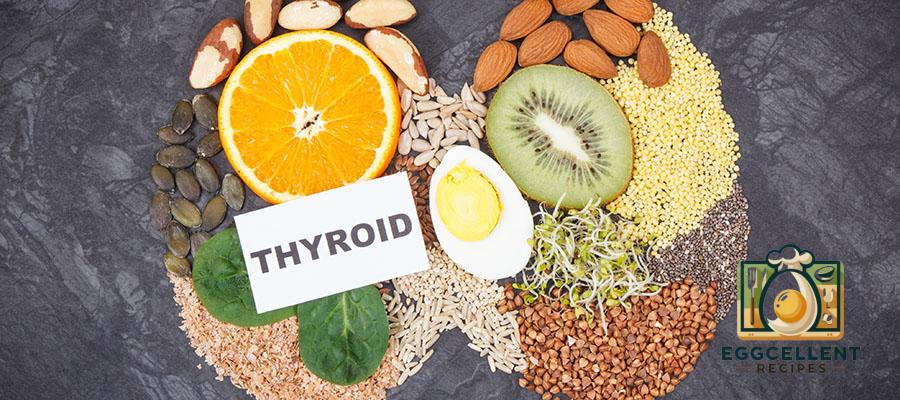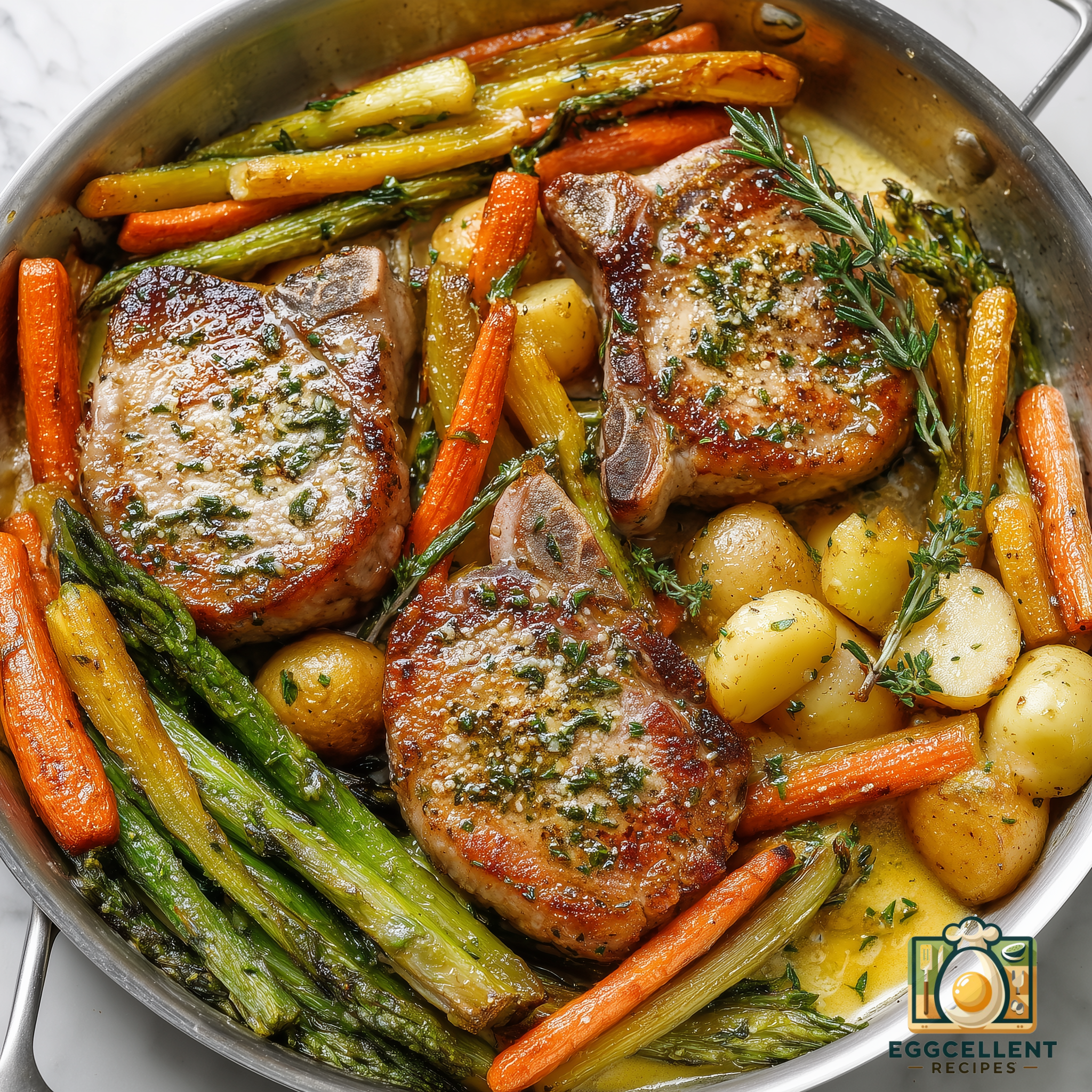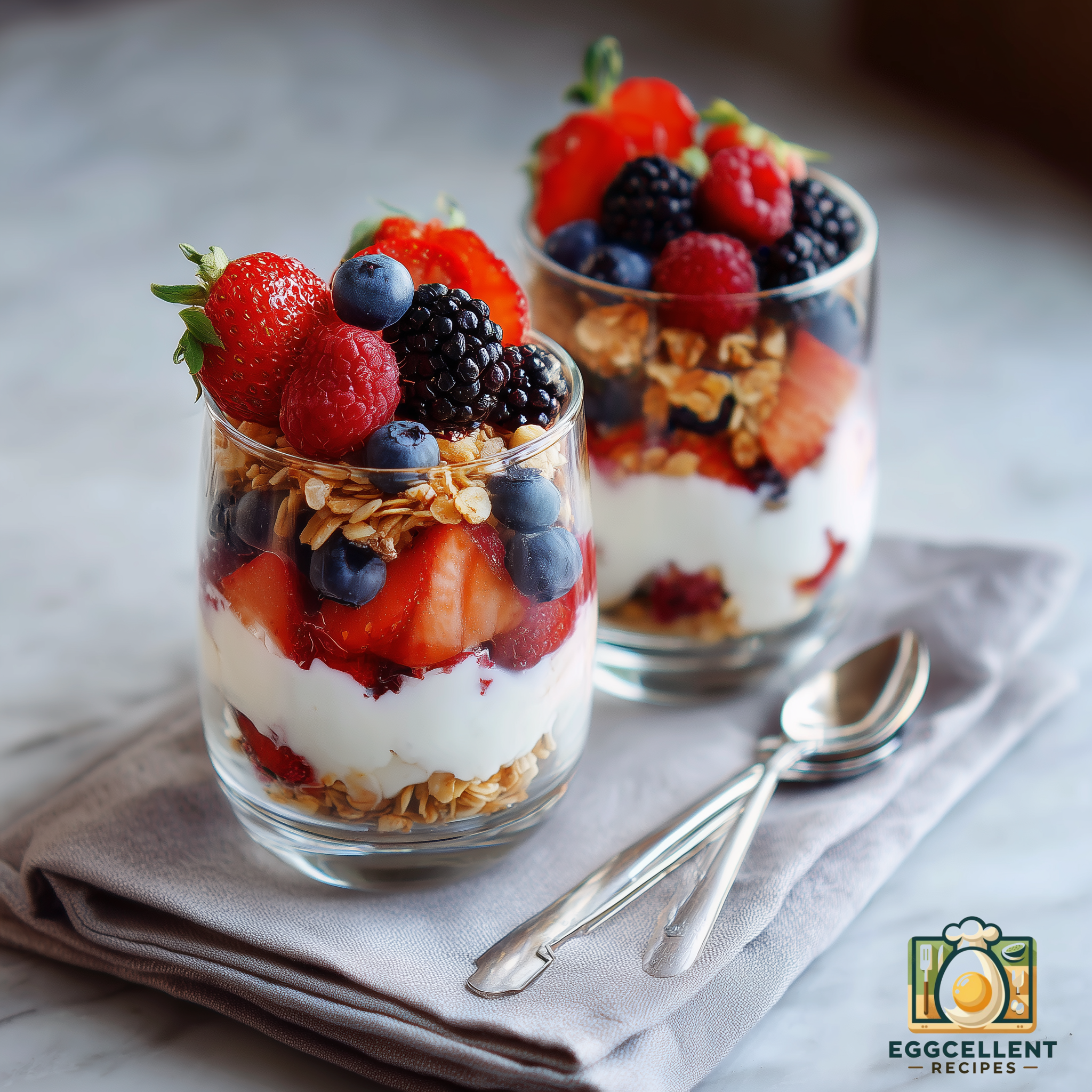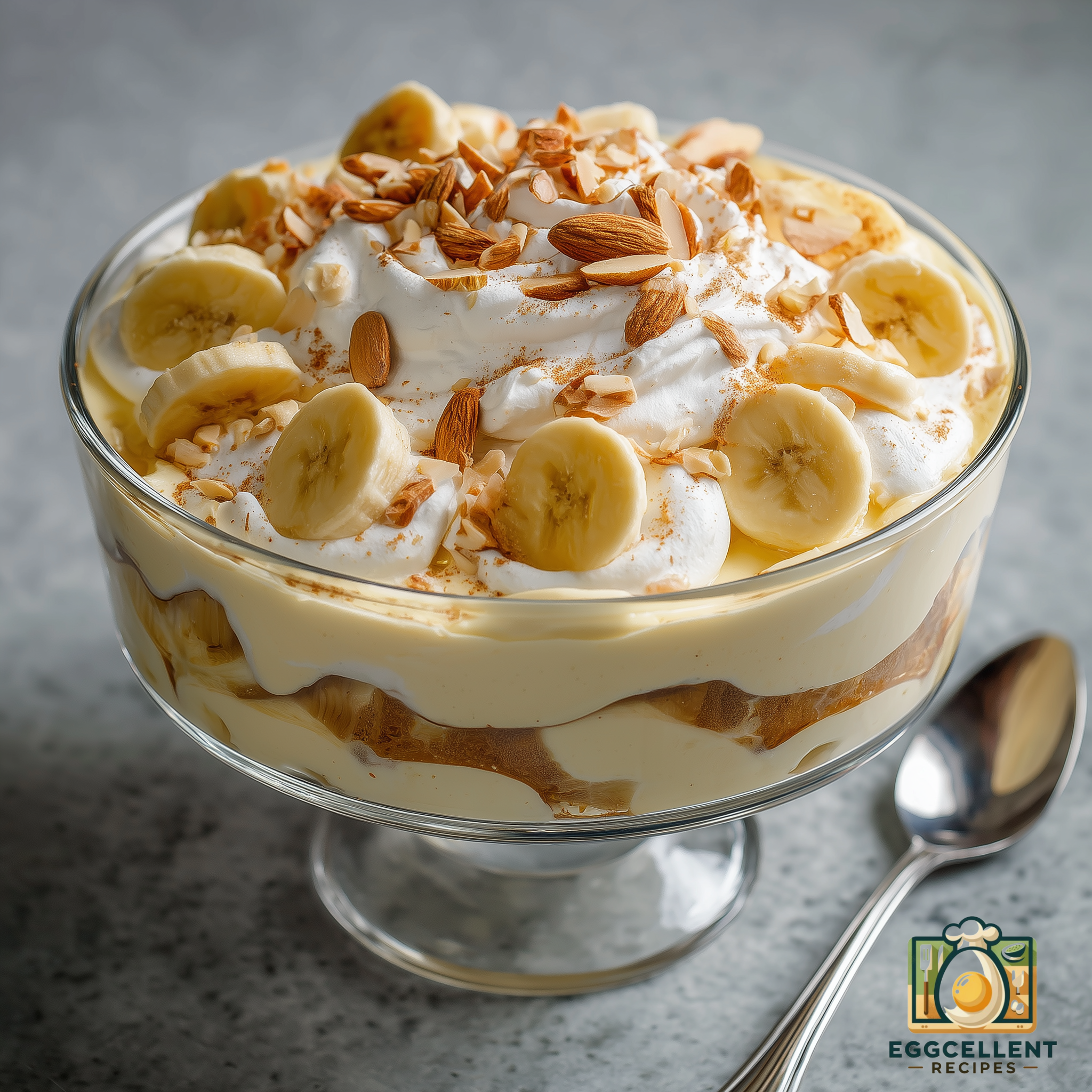
Why Diet Matters for Thyroid Health
Your thyroid needs very specific building blocks—iodine, selenium, zinc, iron, and the amino acid tyrosine—to manufacture and activate its hormones (T4 and T3). Anti-inflammatory antioxidants keep the gland’s tissue healthy, while balanced blood sugar and steady energy help the hormones do their job in every cell.
Six Key Nutrients & the Best Whole-Food Sources
-
Iodine – iodized table salt in home cooking, plus occasional seaweed snacks such as nori or dulse
-
Selenium – just 1–2 Brazil nuts daily, along with wild salmon, tuna, and eggs
-
Zinc – oysters and crab top the list; pumpkin seeds, lean beef, and chickpeas are great plant-forward or land-based options
-
Iron – grass-fed beef or bison, lentils, chickpeas, and spinach (pair spinach with citrus or bell pepper to boost absorption)
-
Tyrosine – turkey, chicken, Greek yogurt, and soy foods supply this vitamin-like amino acid
-
Anti-inflammatory phytonutrients – blueberries, raspberries, turmeric (with a pinch of black pepper for better curcumin uptake), plus dark leafy greens such as kale and Swiss chard
Aim to work these foods into a normal week rather than mega dosing any single nutrient.
A One-Day “Thyroid-Smart” Menu
Breakfast
-
Spinach-mushroom omelette cooked in olive oil
-
Slice of whole-grain toast topped with mashed avocado
Mid-morning snack
-
Two Brazil nuts (selenium powerhouse)
-
Sliced kiwi for vitamin C
Lunch
-
Bowl of roasted-salmon fillet over quinoa with carrots, kale, and lemon-tahini dressing
Afternoon snack
-
Plain yogurt blended with mixed berries and a drizzle of honey
Dinner
-
Sheet-pan turkey breast with sweet-potato wedges
-
Steamed broccoli finished with a squeeze of lemon
Foods & Habits to Keep in Check
-
Too much iodine at once – oversized kelp tablets and daily seaweed salads can overshoot the safe upper limit; stick mostly to iodized salt.
-
Raw cruciferous overload – kale salads and green smoothies are fine in moderation, but steaming or sautéing broccoli, cabbage, and Brussels sprouts reduces goitrogenic compounds by up to 80 %.
-
Ultra-processed snacks – refined grains and added sugars fuel inflammation; swap in fruit, nuts, or homemade energy bites.
-
Massive doses of soy isolates – large amounts of soy shakes or bars can interfere with hormone absorption if your iodine intake is already low; whole-soy foods in normal portions are seldom a problem.
Lifestyle Boosters
-
Get some sun or vitamin D-rich foods (fatty fish, fortified dairy) to correct the widespread vitamin D shortfall linked to thyroid disorders.
-
Move daily – brisk walking and strength exercises improve blood flow, helping hormones reach tissues efficiently.
-
Manage stress – chronic cortisol spikes can dampen thyroid-stimulating hormone; try breathing drills, yoga, or short guided meditations.
Key Takeaways
-
Balance beats extremes. A steady trickle of iodine, selenium, zinc, and iron from whole foods is safer than mega dosing supplements.
-
Cook your crucifers. Light steaming preserves nutrients while reducing compounds that compete with iodine.
-
Personalize the plan. Symptoms vary—work with your clinician or a registered dietitian, especially if you’re on thyroid medication.






